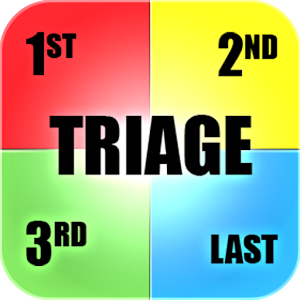Amy Scheinerman has called our attention to an effort by the Ethics Committee of the Israeli Medical Association (IMA) to establish a policy of triage in terrorism incidents that prioritizes the victims – both Jewish and Arab – over the perpetrators. The policy was adopted in 2008 but abandoned last year on the grounds that the policy does not conform with international standards of triage. I – Mark Washofsky, that is – am not sure about that – what, exactly, are the international standards of triage? – and perhaps some of our readers can help us with the question. Of particular interest to this blog is the fact that the IMA justified its policy as a Jewish one, justifying it by appeal to traditional text. The implication is that Jewish tradition or “the” halakhah supports this particular approach to triage. I’m not sure about that, either. Continue reading The Jewish Position(s) on Triage, Part Two
Monthly Archives: March 2016
Triage in Terrorist Incidents
From our colleague Amy Scheinerman:
It is believed that the practice of triage originated in France toward the end of the 18th century thanks to Napoleon’s surgeon Dominique-Jean Larrey (1766-1842), who invented the Ambulance Volante (“flying ambulance”), a corps of horse-drawn ambulance-wagons and personnel that shuttled casualties from the battlefield to a base hospital in less than 15 minutes. Dr. Larrey also introduced triage – from the French “trier” meaning “to sort out” or “select” – whereby a surgeon was present on the battlefield to administer to the needs of the wounded and determined that (in his words) the most “dangerously wounded should receive the first attention, without regard to rank or distinction. They who are injured in a less degree may wait until their brethren-in-arms, who are badly mutilated, have been operated and dressed, otherwise the latter would not survive many hours; rarely until the succeeding day.” Triage, which arose in the context of war and was developed to address mass casualties, is used today not only in warfare, but in modern hospital emergency rooms. In the venue of a hospital on a normal day, it is far easier to sort out the most serious cases and address their needs first than it is in the chaos and pandemonium than can ensue from a terrorist action. When limited resources are available, and seeing to the needs of one injured person might have grave consequences for another who is not immediately attended to, the original philosophy of triage comes under scrutiny. Continue reading Triage in Terrorist Incidents
